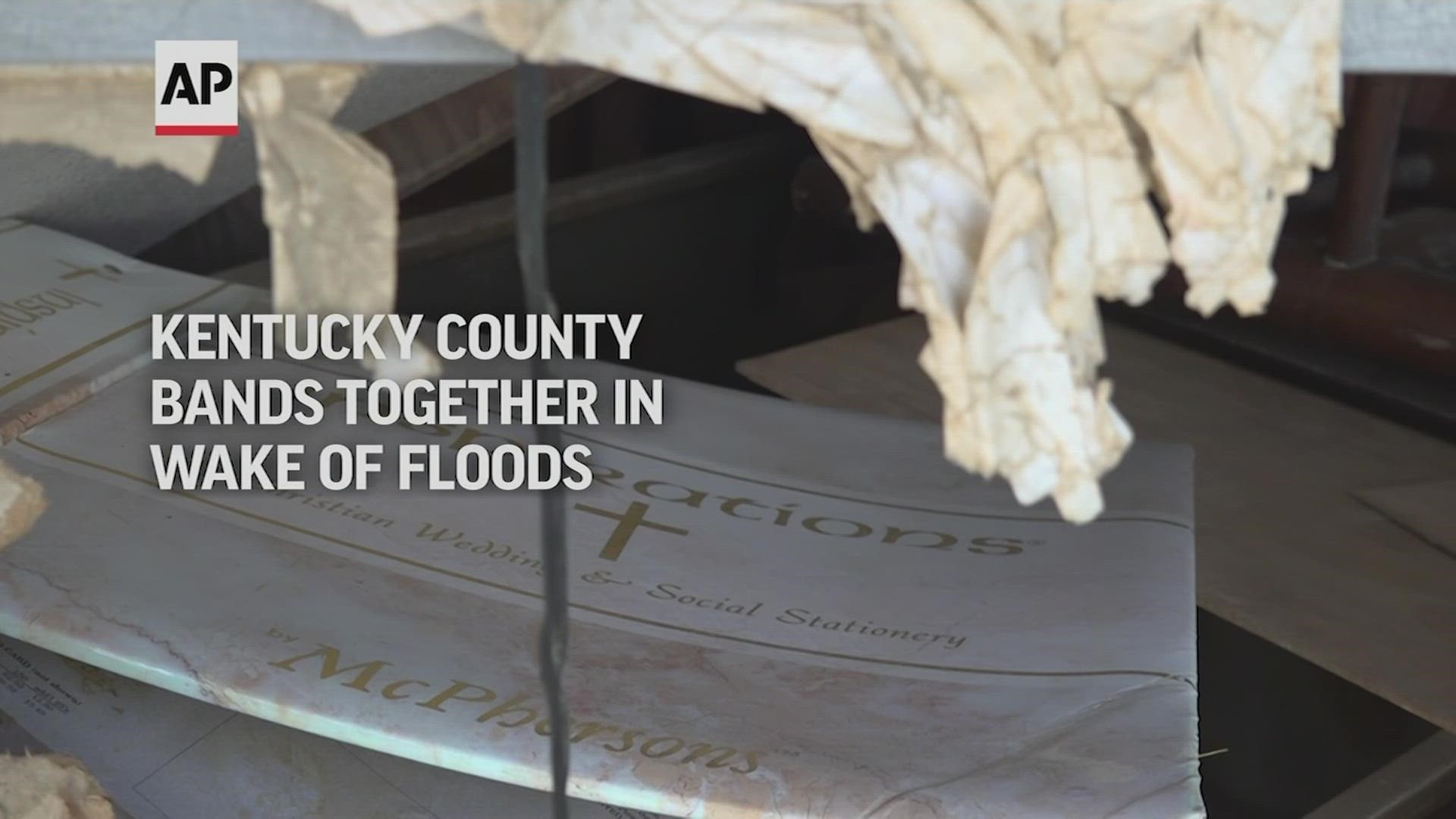MOLINE, Ill. — After a wet weekend where we saw a lot of rain, our attention will now turn to our rivers. Some rivers will reach minor flood zone, so what are the effects of river flooding? There are both positive and negative effects.
Floods can affect wildlife both in and out of the water. Animals can drown and fish can displace from their ecosystem and destroy fish nests.
They also can cause sedimentation and erosion. Flooding can erode riverbanks and cause them to collapse. Flood waters carrying material from eroded banks and sediments can become suspended in the air can degrade water quality and lead to the growth of harmful algae blooms (HAB). The sediments that have become suspended will eventually settle out of the water, which is called sedimentation. During this process, sediments can clog riverbeds and streams, smother aquatic organisms, and destroy habitats.
Floods carry contaminated pollutants such as pesticides, industrial chemicals, debris, and sewage. If polluted water reaches clean water or the ocean, it can disrupt and destroy ecosystems or contaminate water supplies that humans use.
Floods can also spread diseases. Floods are the leading cause of weather-related infectious disease outbreaks. Floods increase the chances of spreading water-borne diseases, such as hepatitis A and cholera. Stagnant water can also attract mosquitoes who can spread diseases like malaria and West Nile.
Conversely, floods can help ecosystems by providing nutrients. Contained, seasonal floods can be welcomed because they help renew ecosystems by transporting nitrogen, phosphorus, and organic material that helps them grow. However, too much of a good thing can cause problems and can hurt ecosystems if they flood too much and too often.
Floods also recharge groundwater supplies. When it floods, the water is absorbed into the ground and percolates through soil and rock before reaching underground aquifers. These aquifers supply clean fresh water to springs, wells, lakes, and rivers. During periods of dry weather, ecosystems rely on groundwater to be their only supply of fresh water.
Floods can trigger mass breeding events, migrations, and dispersal in certain animal species.
Floods can help fish stocks. They can protect native species from invasive species that are not used to seasonal floods. Nutrients deposited from flooding can provide a nursery for small fish and support aquatic food webs by boosting productivity.
Floods help bring life to wetlands, a biome that almost 40% of world species rely on in some form. Wetlands filter water, mitigate flooding and act as a carbon sink.

